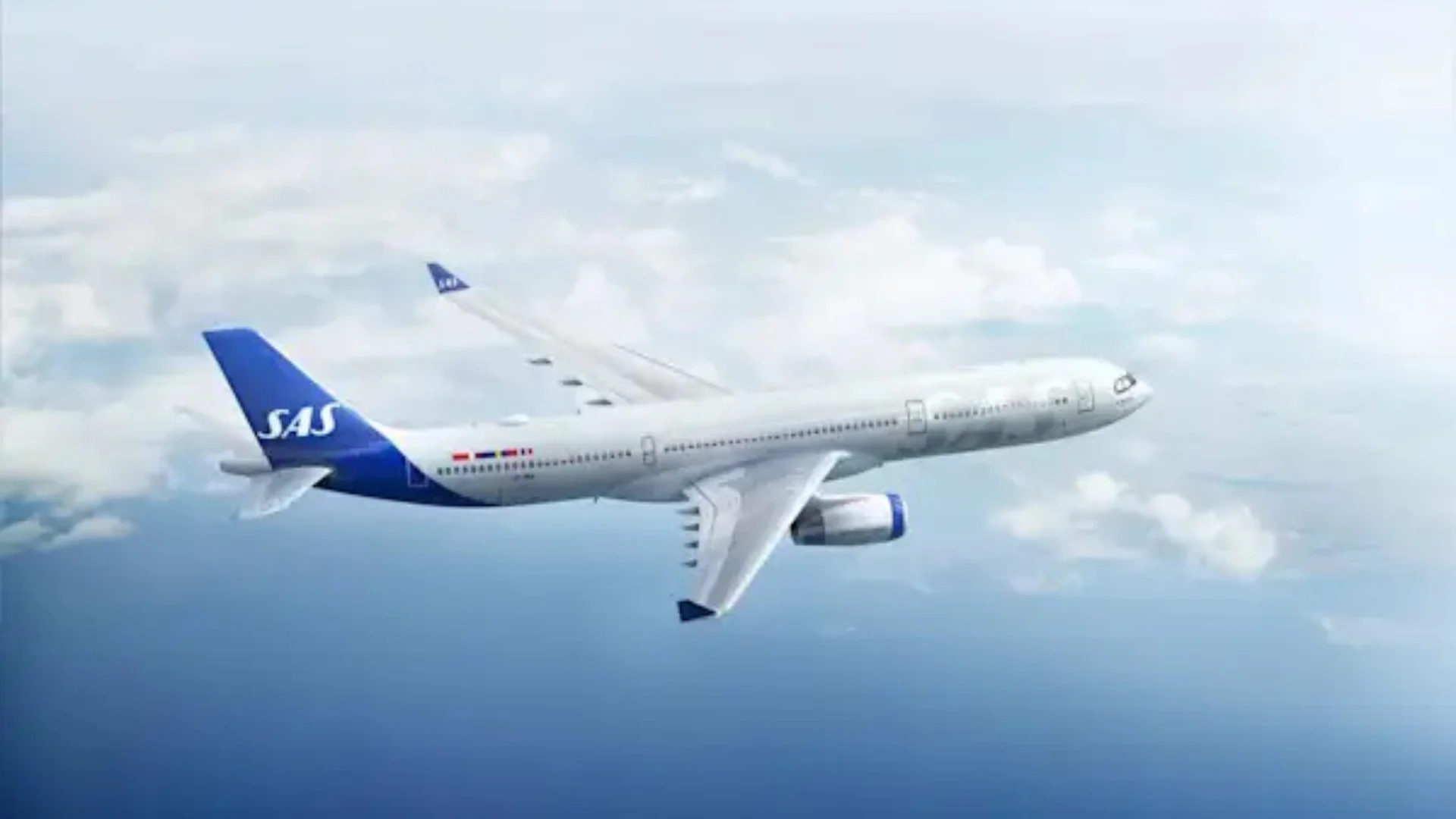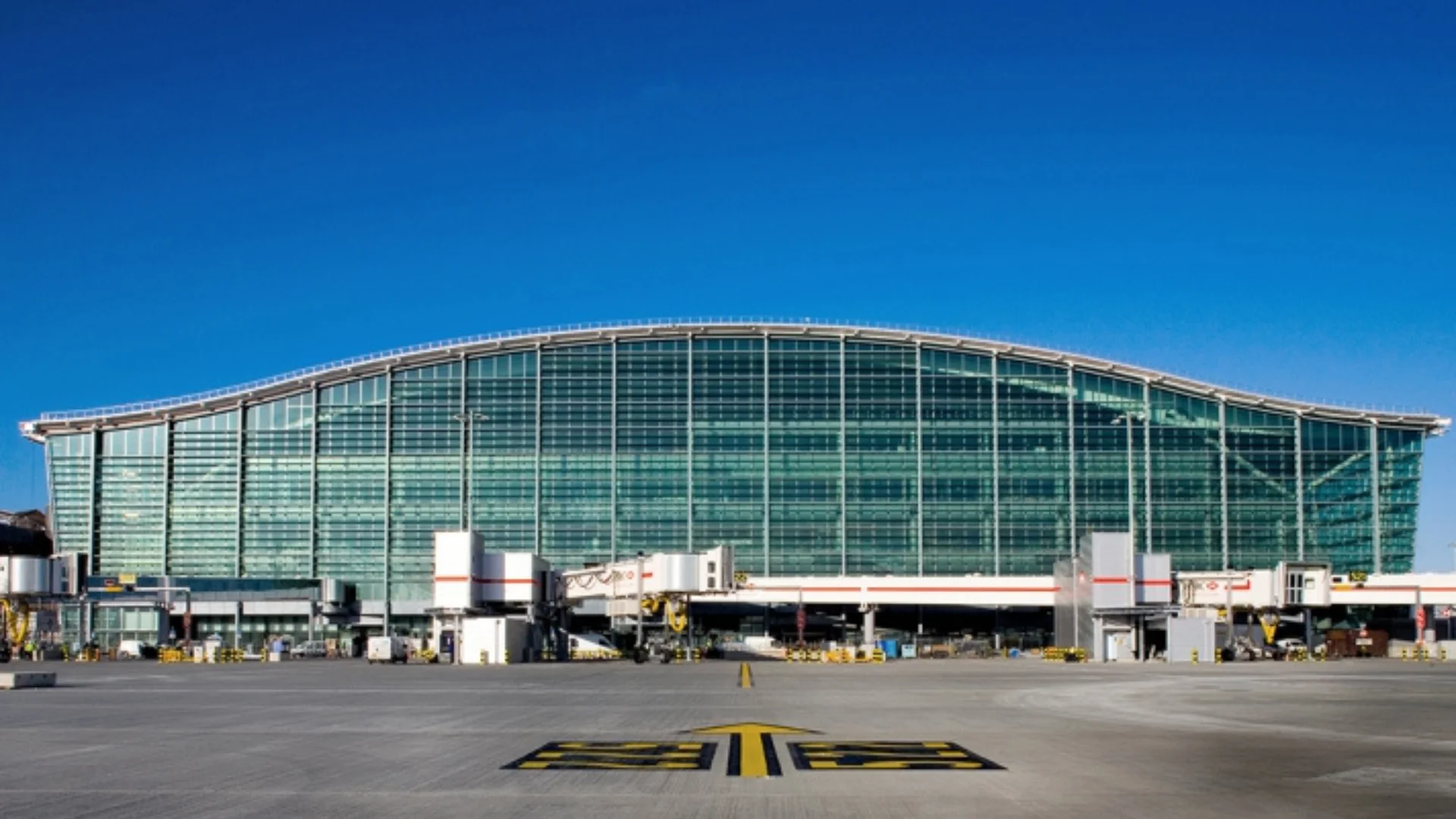The European Union Aviation Safety Agency (EASA) has updated its Conflict Zone Information Bulletin, warning airlines about operating flights over certain regions in Russia. This decision comes amid concerns over the coordination between civil and military air traffic in the country.
On January 9, EASA included Russia and its four flight information regions on the list of potentially dangerous airspaces for civil aircraft operators. The agency explained that this move is intended to "ensure maximum flight safety amid Russia’s ongoing illegal invasion of Ukraine." This new bulletin broadens a previous one issued after Russia's invasion of Ukraine, which advised against flying over Ukrainian airspace.
EASA has expressed concerns that civil aircraft could be unintentionally targeted above Russian territories, including Moscow and Saint Petersburg. The agency highlighted potential risks due to "possible civil-military coordination deficiencies, and the potential for misidentification."
 Alerts Sign-up
Alerts Sign-up









